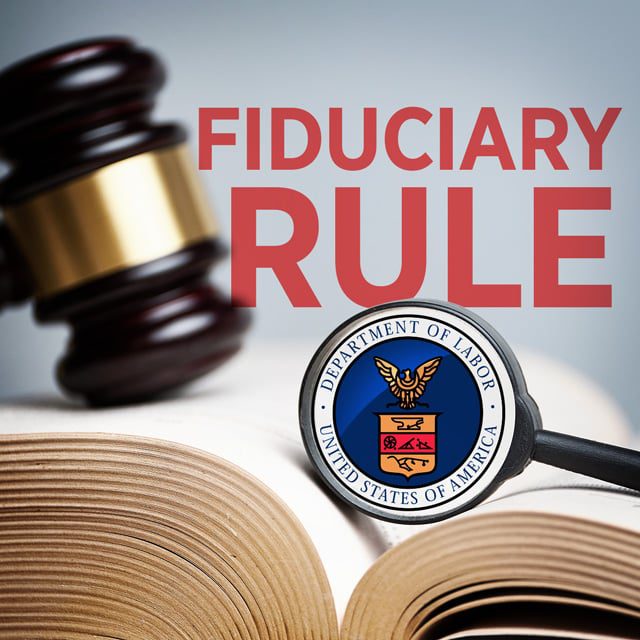DOL Pushes Insurance Officials on Fiduciary Duty vs. Best Interest

Labor Department attorneys bombarded insurance industry officials during the recent public hearings on Labor’s new fiduciary proposal about the difference between a fiduciary standard and that of a best-interest standard.
The online hearings were held on Dec. 12 and 13. On Dec. 22, Labor released transcripts.
More than 40 groups registered to testify. The comment period on Labor’s proposal ends Tuesday.
In late December, the department once again denied a request to extend the Jan. 2 deadline for comments on its new fiduciary rule proposal — this time from lawmakers.
Megan Hansen, a senior attorney in Labor’s Office of the Solicitor, asked Pamela Heinrich, general counsel and director of director of government affairs at the National Association for Fixed Annuities, during the second day of hearings to clarify the difference between a fiduciary standard and a best interest standard.
“Is there a difference?” Hansen asked. “You’re saying there’s a difference between those? Can you just clarify that difference?”
Heinrich responded. “Certainly a fiduciary standard is to act in the best interest of your client, but you don’t have the duty — I think the loyalty duty. So it’s a best-interest standard to act in the best interest of the clients as is the fiduciary standard, but it does not rise to the level of the sort of liability exposure to be an ERISA fiduciary in the context of insurance product sales is not intended to be.”
Thomas Roberts, an attorney at Groom Law Group representing NAFA during the hearings, added that ”to buttress that point, the [National Association of Insurance Commissioners] NAIC model standard is not the fiduciary standard and it is a best-interest standard. ”
It’s a best-interest standard, Roberts continued, “ because it’s a standard that supports responsible selling activity. And there is nothing wrong with that. And we need to be clear that the mere fact that salespeople who are professionals and who sell for transaction-based compensation are not fiduciaries, nor can they easily be fiduciaries because of the fact that they have an interest in the transaction.”
Hansen responded: ”I’m sorry that I’m having a hard time understanding this. I just want to make sure I understand the point you’re making and the terminology is causing me just a bit of difficulty. So what you are saying is that they do have to act in the best interest of their client. You are saying it is a best-interest standard —”
Roberts responded: “Yes.”
Hansen replied: “— So they have to act in the way that is best for their client, but that, that is not a fiduciary standard.”
Robert’s response: “That’s correct.”
Said Hansen: “So they do have to do what is best for their client —”




